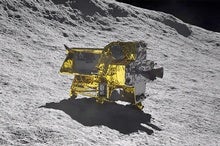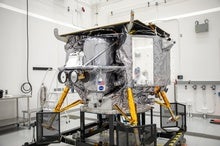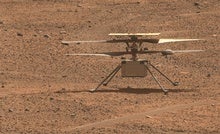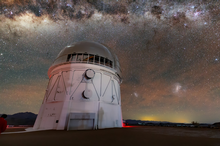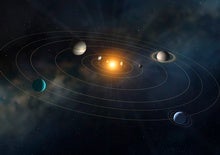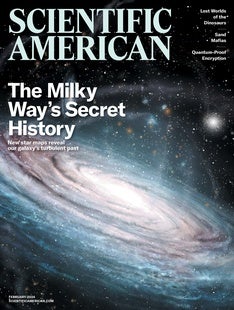 |
| January 25, 2024 |
This week, we want to believe. I'm referring, of course, not just to the famous informal motto of Agent Mulder from The X-Files, but also to the sentiment's underlying conceit: The notion that aliens exist and furthermore regularly visit Earth is exciting—terrifying, even—for its world-changing potential. Confirming as much would unquestionably be one of the most important discoveries in human history. Unfortunately, however, in the opinion of Sean Kirkpatrick—the former top U.S. government official tasked with investigating UFOs—there is little evidence to support such "extraterrestrial" explanations for a spate of recent sightings, and much that instead suggests current federal policymaking on UFOs has been driven by sensational unsupported claims from a small group of paranoid conspiracists. Kirkpatrick makes his case in our lead story this week. Elsewhere, we have articles on troubled Japanese and U.S. lunar missions, new clues in the deep mysteries of dark matter and dark energy, a nomadic mathematical genius, a brown dwarf perhaps set aglow by a potential moon, and more. Enjoy! |
| |
 |
| |
| |
| |
| |
| |
| |
| |
| |
| |
| |
| |
| |
| |
| |
FROM THE ARCHIVE
 | | | |
LATEST ISSUES
 |
| |
| Questions? Comments?  | |
| Download the Scientific American App |
| |
| |




